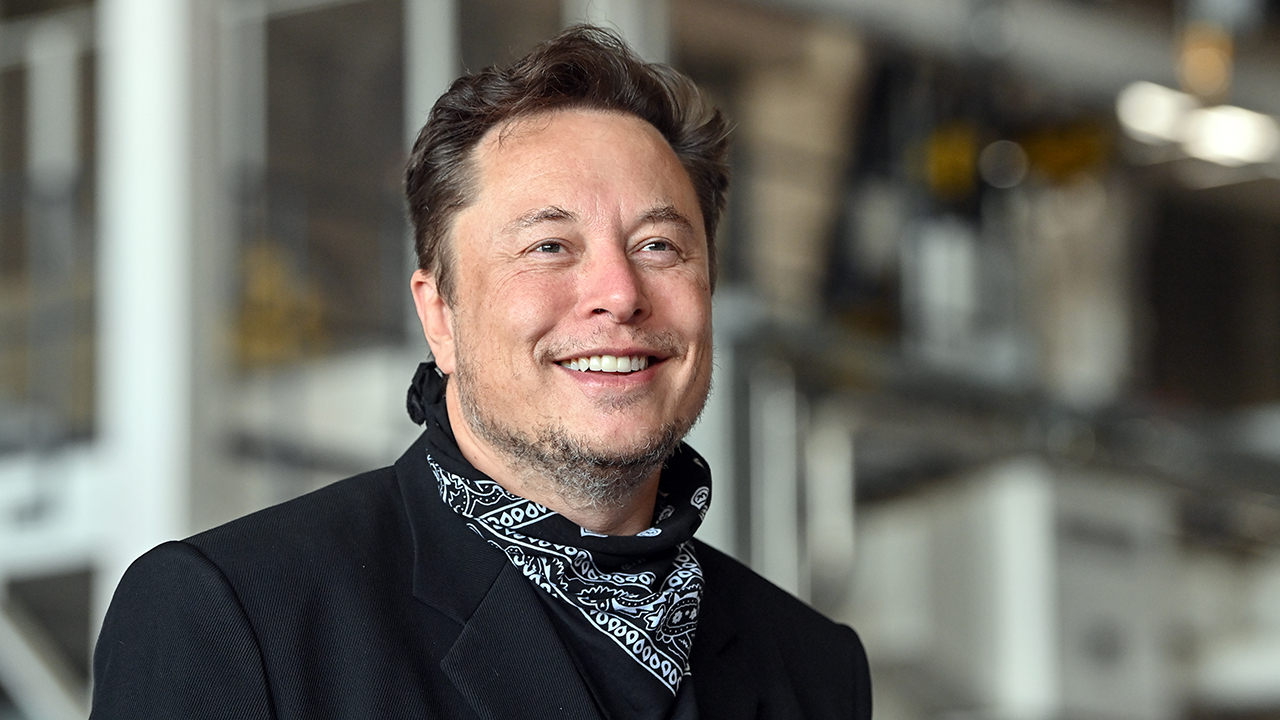
Tesla CEO Elon Musk, who has previously dismissed lidar sensors as a “crutch” for autonomous vehicles, has emerged as the largest customer of lidar company Luminar. This revelation comes from Luminar’s first-quarter earnings report for 2024, which disclosed that Tesla’s purchases accounted for “more than 10%” of its revenue, translating to a little over $2 million.
Why Does Musk Criticize Lidar Yet Still Buy It?
Despite Elon Musk’s longstanding skepticism about the efficacy of lidar technology in autonomous vehicle navigation, Tesla’s substantial procurement indicates a significant engagement with Luminar. In the past, Musk has been vocally critical of lidar, describing it during Tesla’s “Autonomy Day” in 2019 as expensive and unnecessary, likening it to having multiple useless appendices.
He has famously claimed that reliance on lidar technology is a “fool’s errand,” suggesting that those depending on it for vehicle autonomy are doomed. These comments make Tesla’s current reliance on lidar sensors particularly noteworthy.
Luminar’s Financial Overview
Luminar’s financial performance in the first quarter of 2024 showed a slight decline, with a 5% drop in revenue compared to the fourth quarter of 2023. The company attributed this downturn mostly to diminished sensor sales to non-automotive customers. However, this loss was partially offset by increased sales to Tesla, which has become its most prominent lidar client as of Q1. Additionally, despite the quarterly drop, Luminar experienced a substantial 45% increase in revenue year-over-year.
Financial challenges persist for Luminar, as evidenced by their reported net loss of $125.7 million in the first quarter, an improvement, however, from the $146.7 million loss recorded in the corresponding period last year. The net loss included costs related to accelerated depreciation for equipment that Luminar plans to abandon due to outsourcing initiatives begun in fall 2023.
In a strategic move to streamline operations and possibly enhance financial health, Luminar announced a workforce reduction of 20%, alongside plans to outsource much of its lidar sensor production. This decision aims at scaling the business more effectively and was announced just days before the earnings report.
How Deep is Tesla’s Involvement with Luminar?
Tesla has not only been a significant commercial partner but also a collaborative one. The company has been seen using Luminar’s lidar sensors on some of its test vehicles. This ongoing partnership, though not publicly detailed, was first hinted at in 2021. Luminar’s practice of naming any customer that accounts for more than 10% of its revenue, as per SEC guidelines, has brought this relationship to light.
The timing of these disclosures is particularly intriguing as Tesla is poised to unveil a robotaxi on August 8, an initiative that Musk had previously announced would happen by 2020. Musk’s vision of a fleet of robotaxis, which he touted in 2019, has yet to come to fruition, contrasting with his earlier criticisms of lidar technology. The current use of lidar in Tesla’s vehicles suggests a pragmatic approach by the company toward integrating diverse sensor technologies in its pursuit of autonomous driving capabilities.
Related News:
Featured Image courtesy of Patrick Pleul/picture alliance via Getty Images
